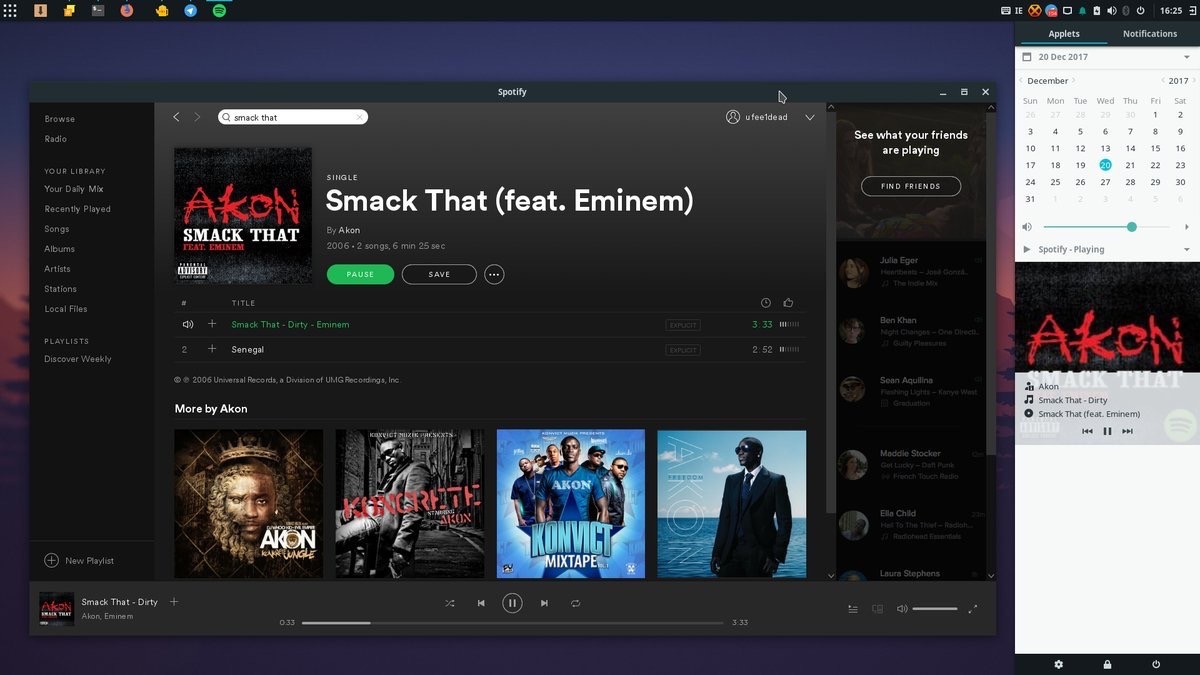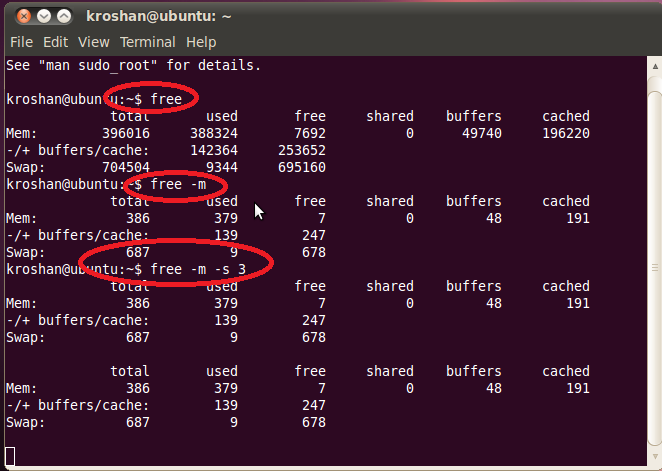

You can also use your local config folder to configure the application or your local cache folder to store the application's cache data when running the docker image: docker run -rm \ Then run docker run -rm -it aome510 /spotify_player :latest You can download the binary image of the latest build from the master branch by running docker pull aome510 /spotify_player :latest Note: streaming feature is disabled when using the docker image. Using the package manager, run pkgin install spotify -player to install from the official repositories.īuilding from source, cd /usr /pkgsrc /audio /spotify -player Run pkg install spotify -player to install the spotify_player binary from FreeBSD ports. Run yay -S spotify -player to install the application as an AUR package. Run cargo install spotify_player to install the application from crates.io. Note: to run the application, Linux systems need to install additional dependencies as specified in the Dependencies section. Sudo yum install openssl-devel alsa-lib-devel dbus-develĪpplication's prebuilt binaries can be found in the Releases Page. On Fedora based systems, run the below command to install application's dependencies:.Sudo apt install libssl-dev libasound2-dev libdbus-1-dev On Debian based systems, run the below command to install application's dependencies:.openssl, alsa-lib ( streaming feature), libdbus ( media-control feature) system libraries.Rust and cargo as the build dependencies.RequirementsĪ Spotify Premium account is required. 0 -pre -release on youtube or on asciicast:īy default, the application's installed binary is spotify_player.


Spotify_player is a fast, easy to use, and configurable terminal music player.


 0 kommentar(er)
0 kommentar(er)
